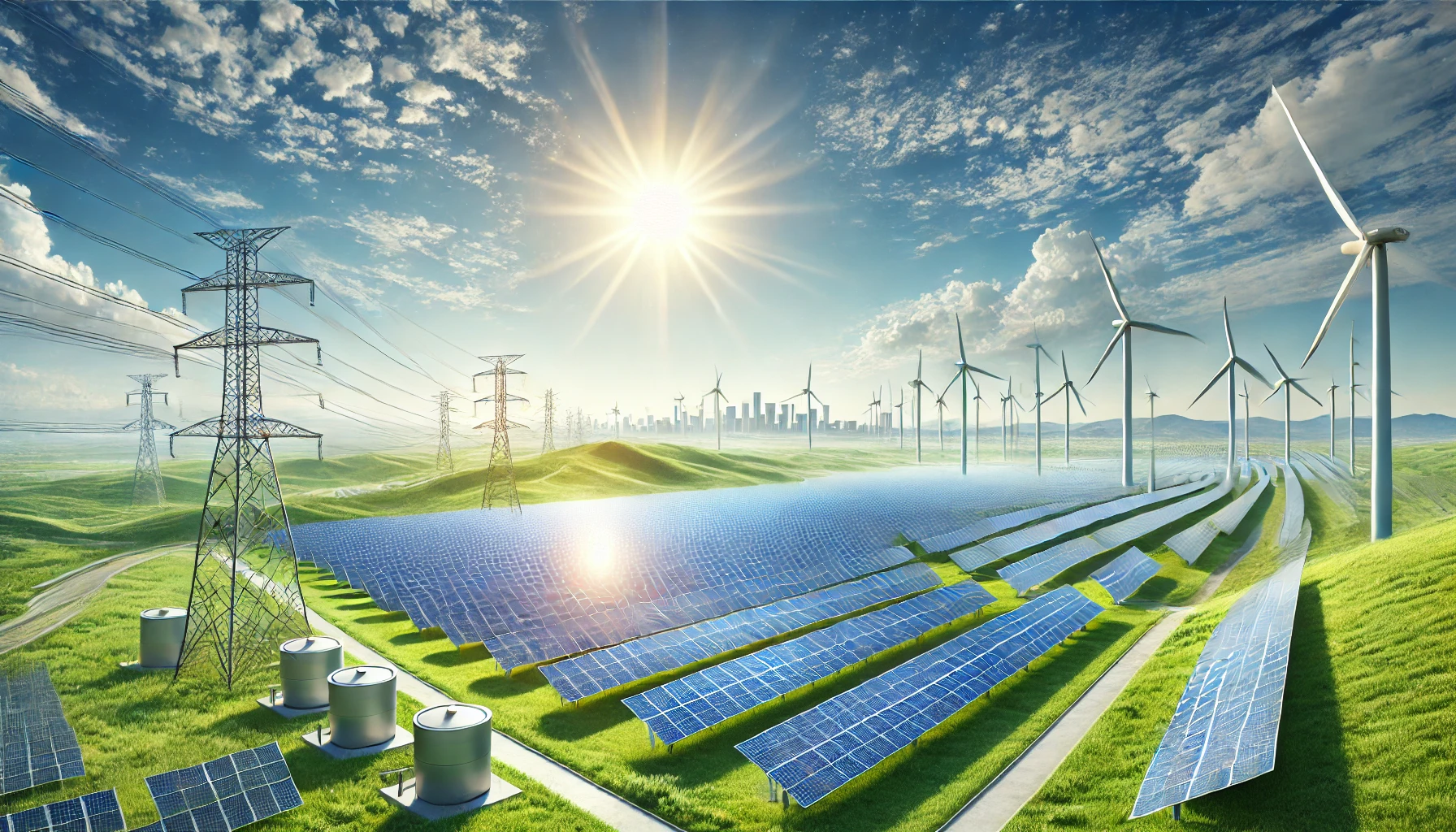World Bank Highlights Role of Clean Energy Technologies in Driving EU Growth Amid Economic Challenges
Clean-Tech Exports from Central and Eastern Europe Could Triple, Strengthening EU’s Green Transition and Global Competitiveness.

Clean technology exports from Central and Eastern Europe (CEE) have the potential to triple, boosting the European Union’s economy, advancing its green transition, and enhancing its global competitiveness, according to the World Bank’s latest EU Regular Economic Report.
The EU has successfully navigated a period of unprecedented economic tightening, avoiding a deep recession and large-scale job losses. GDP growth across the bloc is forecast at 1.4% in 2025, though this figure varies significantly by member state. Real wages, which have faced sustained declines due to rising living costs, are beginning to recover, driven by easing inflation and sustained nominal wage growth.
Despite these signs of recovery, risks persist, including geopolitical tensions, trade disruptions, uneven economic recoveries, and the elevated cost of living.
“Historically high prices are disproportionately impacting vulnerable populations, with some families allocating up to half their income to food,” said Anna Akhalkatsi, Country Director for the EU at the World Bank. “Targeted social policies are vital to protect those most affected and to promote economic inclusion. The green transition offers a unique opportunity to create equitable growth, generate jobs, and strengthen industries across the EU.”
Clean Technology: A Catalyst for Growth
Clean energy technologies—critical for achieving the EU’s net-zero emissions target by 2050—offer a pathway for Europe to lead in the burgeoning global market while addressing its domestic clean-tech demand. The Net Zero Industry Act (NZIA) sets ambitious goals, aiming to meet 40% of the EU’s clean-tech demand with domestic production by 2030 and secure 15% of the global market by 2040.
Central and Eastern European countries (CEE) such as Bulgaria, Croatia, Poland, and Romania are emerging as key players in this effort. These strategically located nations could significantly expand their exports of clean technologies such as:
- Electric vehicle batteries
- Heat pumps
- Wind turbines
- Solar panels
Unlocking Regional Potential
World Bank simulations suggest that clean-tech exports from the four CEE countries could at least triple if they maintain their current market shares and align with the NZIA’s objectives. The development of industrial hubs linked to existing value chains could not only accelerate economic growth in these regions but also reduce energy import dependence, foster innovation, and contribute to overall EU resilience.
Key Drivers of Success
To realize this potential, a unified EU strategy is critical. The report cautions that without coordination, member states may compete for investments in the same industries, diluting overall impact.
World Bank analysis highlights the importance of:
- Robust Supply Chains: Ensuring efficiency and reliability in clean-tech manufacturing and distribution.
- Strong R&D Ecosystems: Encouraging innovation to sustain competitiveness.
- Skilled Workforce: Investing in training programs to meet the labor demands of clean-tech industries.
Private Sector Investment and Policy Support
Achieving clean-tech goals will require significant private-sector investment. Governments must go beyond subsidies to attract foreign direct investment by creating a favorable business environment that prioritizes long-term infrastructure, consistent regulations, and robust industrial policies.
Broader Implications
The expansion of the clean-tech sector is expected to:
- Create sustainable, high-quality jobs.
- Drive regional development in emerging EU economies.
- Strengthen the EU’s leadership in the global transition to a green economy.
The report underscores that coordinated policies and investments in clean energy technologies are not only pivotal to the EU’s climate goals but also essential for fostering economic stability and long-term global competitiveness.
- READ MORE ON:
- World Bank
- EU Regular Economic Report
- GDP










